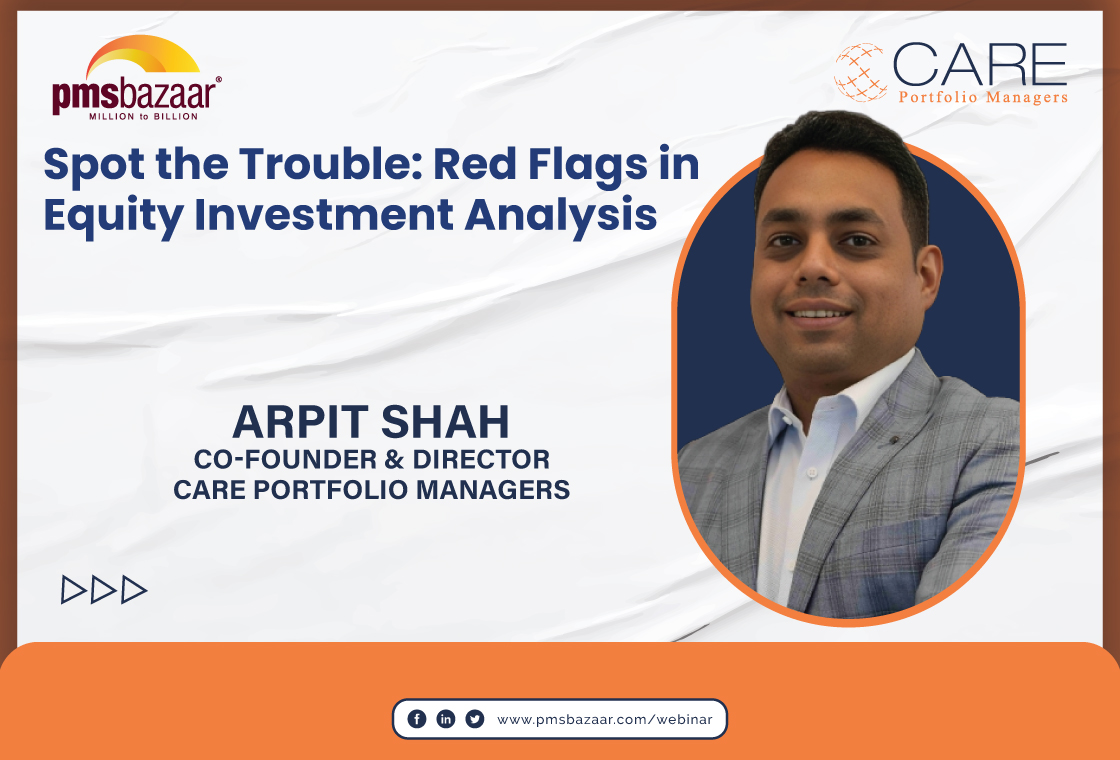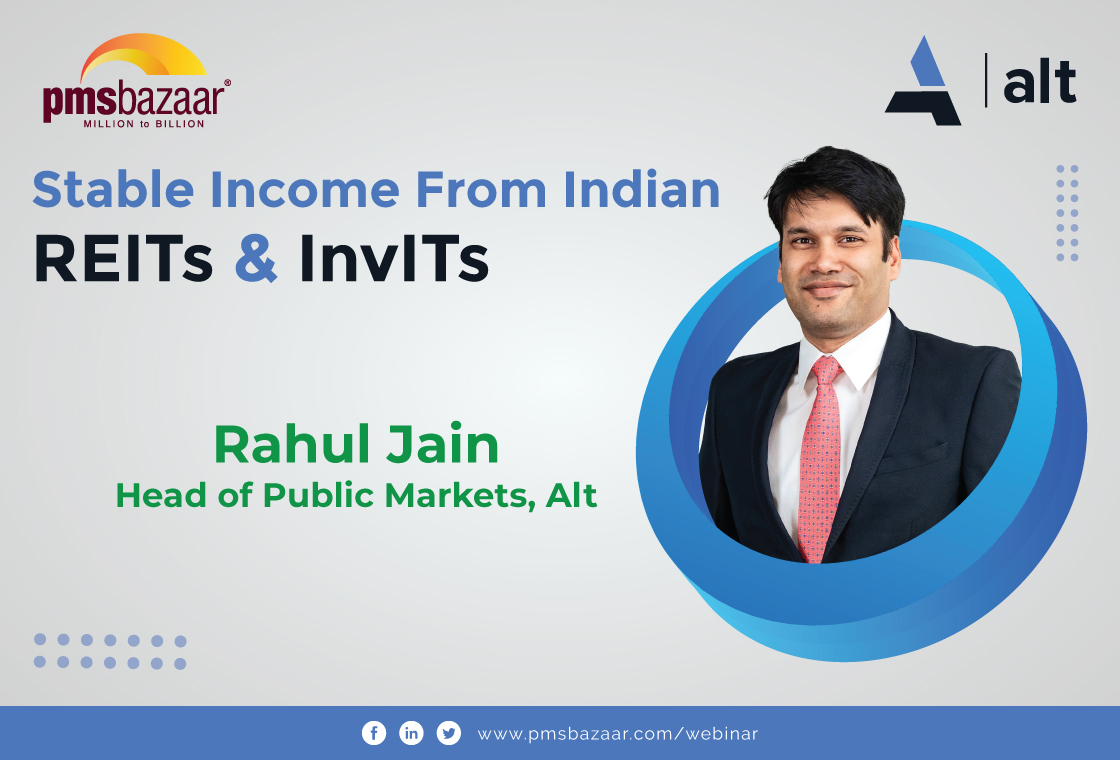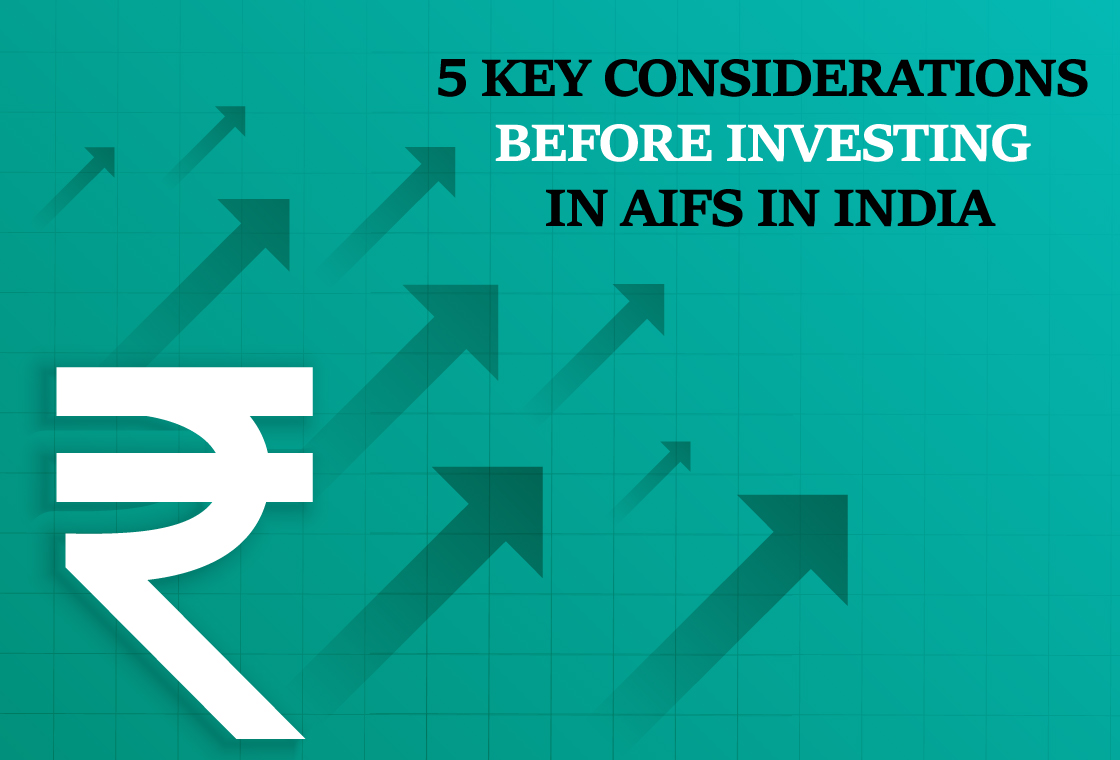Alternative Investment Funds (AIFs) have just got a major compliance burden off their back for some more time. Markets regulator SEBI has given another relaxation in compliance norms to AIFs in terms of regulatory filings. This paves the way for AIFs to do regulatory filings of March, April, May and June 2020 before August 07, 2020.

Alternative Investment Funds (AIFs) have just got a major compliance burden off their back for some more time. Markets regulator SEBI has given another relaxation in compliance norms to AIFs in terms of regulatory filings. This paves the way for AIFs to do regulatory filings of March, April, May and June 2020 before August 07, 2020. Emerging as a key investment product for ultra-rich investors, AIFs are well-known for practicing sophisticated investment strategies.
In light of market events due to CoVID-19 pandemic, SEBI, had on March 30 announced a 2-month extension for the due date for regulatory filings for AIFs and VCFs (Venture Capital Funds) for the periods ending March 31, 2020 and April 30, 2020.
With the national lock down still continuing and financial markets operating under challenging conditions, a need was felt to further extend the timelines for regulatory filings for AIFs and VCFs.
"Accordingly, AIFs and VCFs may submit the regulatory filings for the months ending March, April, May and June 2020, as applicable, on or before August 07, 2020," SEBI said in a fresh circular, dated June 4. The circular comes into force with immediate effect.
Alternative Investment Fund or AIF means any fund established or incorporated in India which is a privately pooled investment vehicle which collects funds from sophisticated investors, whether Indian or foreign, for investing it in accordance with a defined investment policy for the benefit of its investors.
There are 3 types of AIFs recognized by Indian authorities, viz. Category I AIF (including VCFs, Angel Funds, SME Funds, Social Venture Funds, Infrastructure funds), Category II AIF & Category III AIF.
AIFs are meant for rich investors and the minimum investment requirement by an investor is Rs 1 crore. As per SEBI data, AIFs upto December 2019 had cumulatively raised commitments of Rs. 3.47 lakh crore, funds raised Rs 1.71 lakh crore, out of which Rs 1.42 lakh crore was invested.
Recent Blogs
.jpg)
Passively Active Investing — A Modern Investor’s Lens on ETF-Based PMS
PMS Bazaar recently organized a webinar titled “Passively Active Investing — A Modern Investor’s Lens on ETF-Based PMS,” which featured Mr. Karan Bhatia, Co-Founder and Co-Fund Manager , Pricebridge Honeycomb ETF PMs. This blog covers the important points shared in this insightful webinar.

Spot the Trouble: Red Flags in Equity Investment Analysis
PMS Bazaar recently organized a webinar titled “Spot the Trouble: Red Flags in Equity Investment Analysis,” which featured Mr. Arpit Shah, Co-Founder & Director, Care Portfolio Managers. This blog covers the important points shared in this insightful webinar.

Long-Only AIFs Rebound Sharply in October; Long-Short Strategies Lag Despite Lower Volatility
106 long-only AIFs averaged 3.68% vs 32 long-short AIFs at 2.7%; only 24–31% of funds beat key indices

Markets log strongest monthly gains in 7 months; PMS performance turns near-uniform in October
Nifty 50 TRI gained 4.62%, BSE 500 TRI rose 4.27%; 415 of 427 equity PMSes ended positive

How SMEs are Shaping India’s Investment Landscape?
PMS Bazaar recently organized a webinar titled “How SMEs are Shaping India’s Investment Landscape?” which featured Mr. Shrikant Goyal, Fund Manager, GetFive Opportunity Fund.

Stable Income from Indian REITs and InvITs
PMS Bazaar recently organized a webinar titled “Stable Income from Indian REITs and InvITs,” which featured Mr. Rahul Jain, Head of Public Markets, Alt.

5 Key Considerations Before Investing in AIFs in India
Alternative Investment Funds (AIFs) have emerged as a compelling option for sophisticated investors seeking diversification and potentially superior returns. But venturing into AIFs requires a clear understanding of their unique characteristics that go beyond simply knowing what they are and their categories.

How AIF can help in diversification?
Traditionally, Indian investors have relied on a mix of stocks and bonds to build their wealth. While this approach offers diversification, it can still leave your portfolio vulnerable to market fluctuations. Enter Alternative Investment Funds (AIFs), a dynamic asset class gaining traction for its ability to unlock diversification beyond the realm of conventional options.

